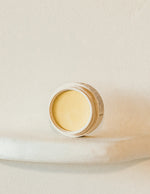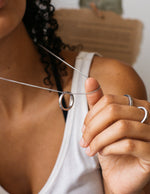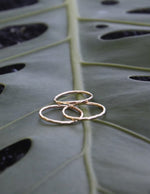
IN THIS ARTICLE
Fashion and eczema can be a challenge as you are always on the defense when it comes to preventing a flare-up of itchy irritated skin.
For some people, they may feel compelled to hide away their sensitive skin under layers and long sleeves. But finding clothes that make you feel good physically and mentally play a major role in keeping you comfortable and calm.
Getting comfortable in your skin is more than just a state of mind with eczema and we are here to share some tips on how you can choose clothes that won't kick off sensitive skin conditions.
What is Eczema?
Eczema is a condition called atopic dermatitis that causes the skin to become dry, itchy, and cracked. It may show up in small patches or it may present itself across the whole body. It is a chronic condition although it can improve or clear over time. It also may chill out at times.
Usually, atopic dermatitis will inflame the skin and cause the skin to become visually irritated. It tends to show up in the creases of your skin - insides of elbows, behind the knees - but it can show up anywhere else on the body as there are no hard fast rules.
What causes eczema? Even the national eczema association can't pin it down to one thing. It can be as simple as your body is sensitive to allergens. It can show up in people who have a history of allergies such as hay fever, asthma, etc. Eczema flare-ups can be triggered by stress, an allergy to certain materials, sensitivity to certain chemicals in laundry detergents and toiletries, and even food allergies can play a role.
How Do Clothes Affect Eczema?

The National Eczema Society says that yes, what you wear can have an impact on your eczema. Many people who have eczema find that garments made of wool, polyester, nylon and other synthetic materials can kick off the itch. This is because these kinds of clothing invite overheating and sweating or aren't breathable enough to soothe the skin. Anything with rough fibers and seams can cause irritation in the skin.
When it comes to clothing choices, knowing which fabrics are your friend and which can be your foe is super helpful in avoiding setting off the dreaded scratch. It doesn't just stop at the choice of clothing, but also how you care for your clothing too.
At Sozy, we ensure all of our clothes are as soft and cozy as can be, but we want you to be informed about your fashion choices so you can pick the garments that work gloriously for your own skin.
The Best Fabrics for Eczema

Finding the best fabrics to wear when you have eczema can help cut down on itching. What your skin is sure to be craving is soft, breathable fabrics that don't make you sweat. Keeping your comfort level high is essential when it comes to giving your skin some light relief. Take a look at these fabulous fabrics you should be looking for...
Cotton
Forever lightweight and breathable, organic cotton is one of the best natural fabrics for those with sensitive skin conditions. Not only is cotton totally cool and soft but it also gives your skin plenty of room and is good at soaking up any sweat. This means that it's less likely to cause disruption to your skin and kickstart any allergy symptoms.
Be careful when selecting your cotton as sometimes cotton blends can have high polyester levels stashed away in there. Always double-check the label and aim for a high percentage of cotton - of course, 100% is best.
Silk
Silk is another firm fave with the eczema treatment crowd. Silky smooth against the skin and without a rough fiber in sight, there's a reason that silk is considered to be one of the most sensual textiles.
Silk is a sublime choice for those who suffer from skin irritation as you can even find close-fitting silk garments that are specially designed with skin health conditions in mind. You can wear these as layers under other clothes to protect your skin.
If you go for normal silk clothes, remember that this type of fabric usually requires special care when it comes to washing and drying so it may not be the most practical choice for a whole wardrobe.
Bamboo
Bamboo is an awesome material choice for those who have eczema. It's a high-quality material for regulating body temperature and is super soft and breathable too. There's a lot of reasons to love bamboo.
This smart material can keep you cool in summer and warm in winter without encouraging excess sweating, but beware. Bamboo can be another tricky material to sift through. Some clothes may have a label that says bamboo viscose which means that it's bamboo blended with spandex, lycra, elastane or something else. As this process can be chemical-heavy, it may not be the best choice for someone with eczema. Remember the golden rule and always check your labels.
Linen / Hemp
Hemp and linen can be a good choice for adults with skin conditions as its also cool and breathable. It's also a natural fabric meaning that it has stayed away from harsh chemicals that could trigger a reaction. But sometimes linen and hemp can feel like they have a rough finish so pick your garments lightly.
The Worst Fabrics for Eczema
For those with sensitive skin, here's a list of materials that you should steer clear of to keep your skin as happy as can be...
- Polyester
- Acrylic
- Nylon
- Spandex
- Rayon
A Word About Wool
Wool is a natural fabric so people may think that's enough for it to pass the acceptance test when it comes to eczema. True. But also, it can be extremely rough in texture and it definitely shouldn't be used for babies who suffer from sensitive skin. Merino can be softer and much more lightweight so could be worth exploring if you are set on buying that sweater.
A Thought About Fleece
Fleece is another material where the jury is out. While it can be irritating and catch on dry patches of skin, it can also be soft and cozy. With all of this, there are no hard rules as everyone's skin is different. These are guidelines to help you make appropriate choices and perhaps fleece will work for you.
Clothing Tips to Keep Your Skin Sane

Dealing with your eczema doesn't just stop when it comes to fabric choices, it's also worth knowing a few other tips to help your skin stay chill too. From simple measures like not bundling up to considering what you sleep in, these tips from the eczema community are here to keep you itch-free.
Beware Bundling Up
When it's chilly outside, there's nothing more alluring than bundling up but for those with sensitive skin, this could set off sweating and itching. We aren't suggesting setting out in the snow in a tiny tee, but think about your layers and make sure the base layer is something breathable.
Keep it Breezy
In the same vein, you want to make sure that your skin has plenty of room to breathe. There's a reason that light and breezy materials are recommended for those with eczema and dermatitis. Tight clothing can make you sweaty, cause irritation as the fibers rub against your skin, and can trigger rashes and itching.
At Sozy we are all about easy breezy living and even when fitted, we keep our clothes flexible so they don't squish your skin and make you sweat.
Bare Skin in Warm Weather
While you may feel like keeping your skin covered up, it is often craving air and light so make the most of warm weather and let your skin bask in brightness and breeze. Sunlight can help eczema so wearing tees and shorts or a summer dress can help to keep your skin fresh. (But don't forget your SPF!)
Don't Forget About Bedtime
We spend a huge amount of our lives tucked up between the sheets so make sure that your action plan takes bedtime into account too. Pick pajamas that are made of sensitive skin-friendly materials and think about your bedsheets too.
Choosing sheets that are cotton or silk not only lends a little luxury to your bedroom but can also encourage the quality of your sleep as you are less likely to get hot, sweaty, and scratchy.
Check the Seal of Approval
The National Eczema Association Seal of Acceptance information can be found on their site. Basically, if a product gets this stamp, it means that they meet the criteria for being clinically proven not to have anything in them that could potentially trigger sensitive skin.
The site covers everything from toiletries to clothes, household products to sunscreen and everything in-between. It's a great resource for finding the right products for the entire family if anyone struggles with their skin.
Wash New Clothes
Just to be on the safe side, if you have really sensitive skin, you may want to throw your new Sozy clothes in for a quick wash before being worn. This doubly makes sure that any lingering traces of irritants outside of our control are cleared away before your skin makes contact. Always opt for eco-friendly detergents that are free of fragrance and dyes as these are the least likely to upset your skin.
Clothing Care Tips for Those with Eczema

Sometimes you can find skin management success in the way you wash. Knowing how to care for your clothes is essential if you want to keep your skin in the calm zone. A little extra thought can go a long way and can help you to get control over your health. Here are some laundry tips to keep in mind when it comes to caring for your Sozy clothing...
Know Your Products
Picking the right laundry products can be a minefield for those with skin conditions. One of the best things you can do is to stay savvy on your labels and look for something that is as eco-friendly and natural as can be.
Try and find products that are classed as fragrance-free as this will be your best indicator that there are no added chemicals. Don't be wooed by promises of 'unscented' or 'hypoallergenic' as these can still have fragrances added in. The truth about hypoallergenic labels is that they don't always deliver the gold standard promise that you can't have a reaction to them.
Make Time for a Rinse Cycle
When washing clothes always make sure that you go heavy on the rinse cycle. Your aim is to remove as much residue from the detergent as possible. The more intense the rinse and spin cycle, the less likely these residues are to come in contact with your skin and the less likely a flare-up will be.
Say No to Fabric Softener
While you may think fabric softener is a good choice as it keeps clothes supple against the skin, those with eczema may be best skipping it altogether. It is true that fabric softener makes clothes soft and it is best to encourage as little friction as possible against the skin, but fabric softener almost always comes with an added scent that can irritate the skin even more.
You'll do best skipping out on softener and choosing clothes that are naturally soft thanks to their material, but you can also do deep research to find a softener that makes the grade. Fortunately, our Sozy clothing is super soft (it's the ethos behind our whole brand) so you shouldn't need to worry about fabric softener.
Living with any kind of skin condition can be tough and it can make some people feel hemmed in when it comes to their fashion choices. The best eczema clothing will be made of naturally soft and lightweight material that doesn't hem you in and will have minimal chemicals involved in the process. Don't forget to load up on eco-friendly laundry products and expose your skin to fresh air as much as you can.
Do you have any experience with eczema clothing? What are your favorite materials and laundry detergents to help you manage the condition? Share all your thoughts over at our online VIP Sozy community.















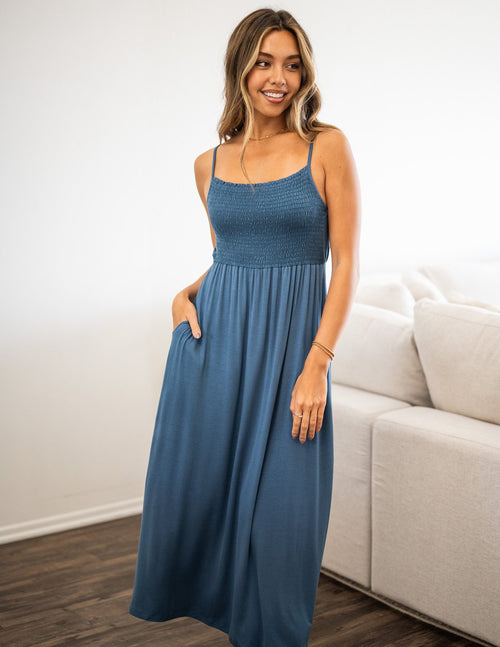
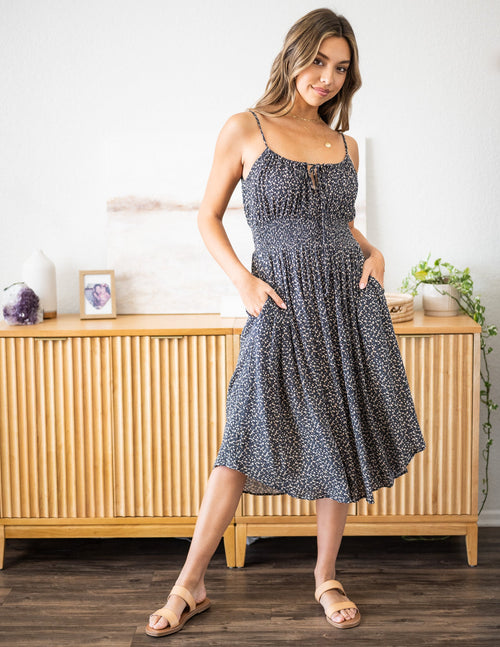
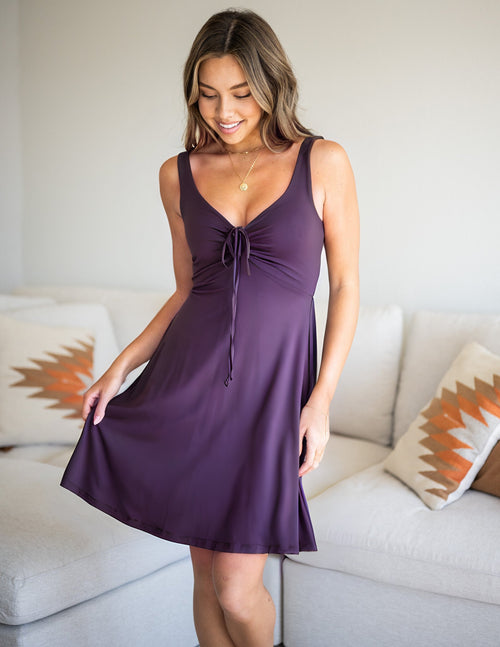

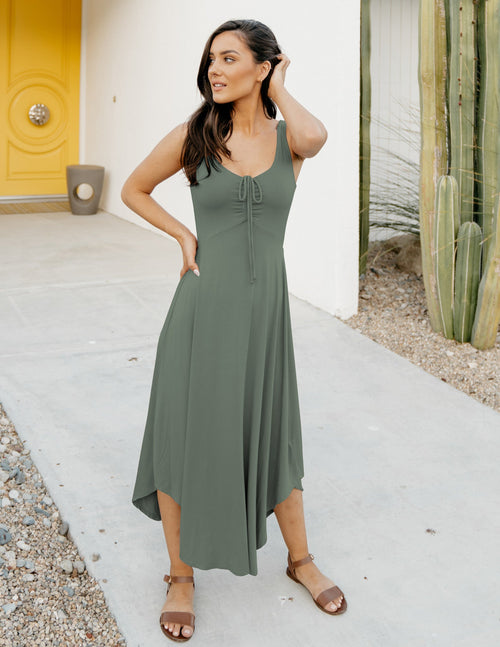
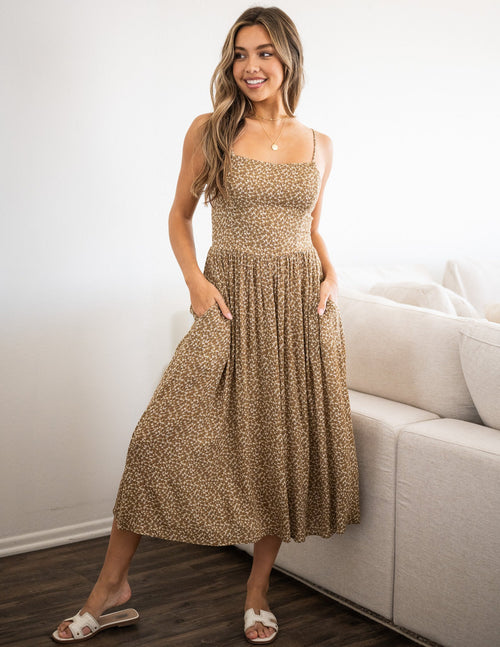

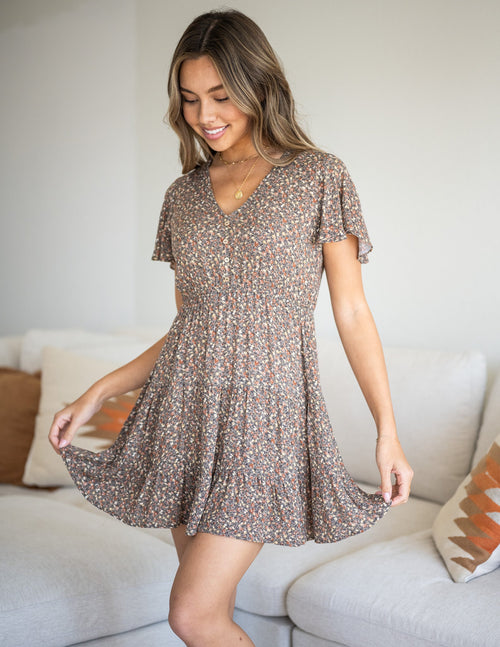
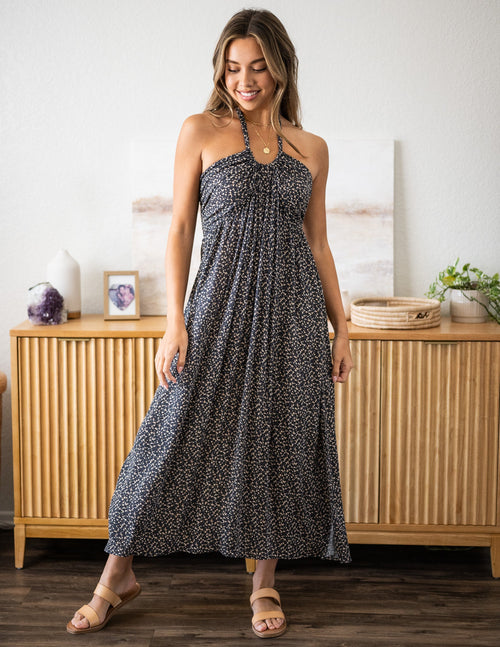
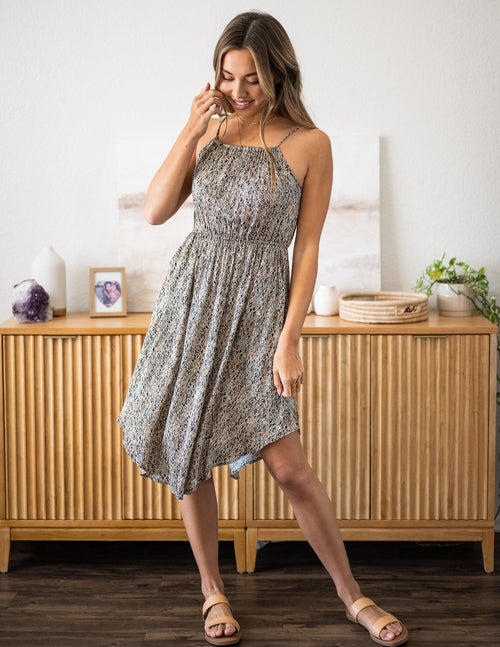

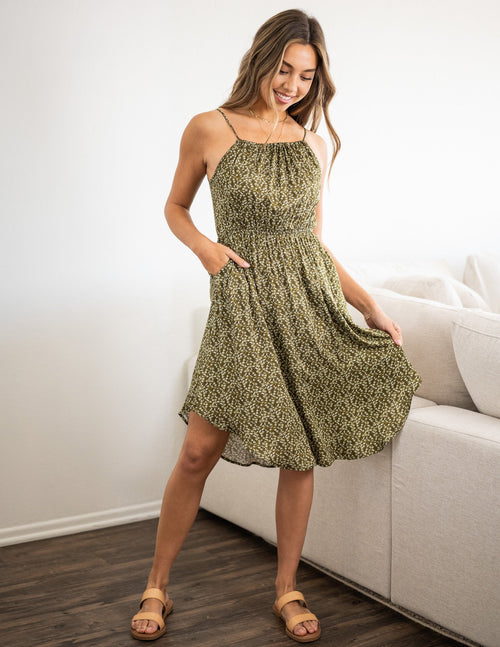
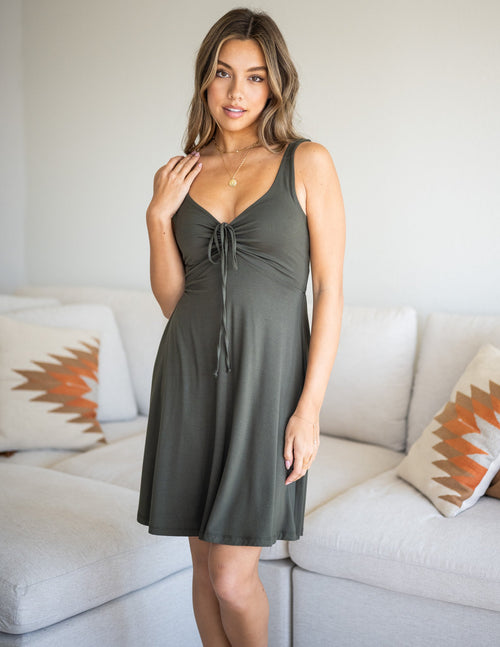
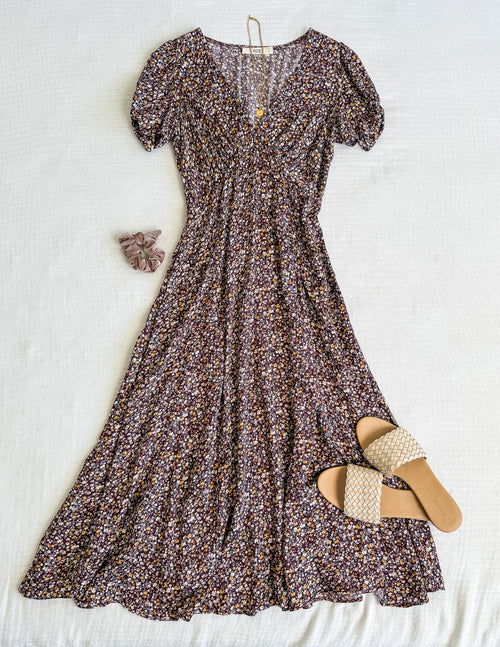
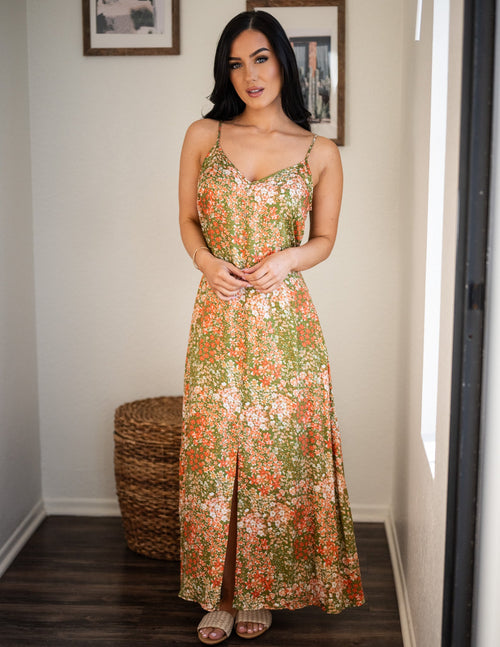
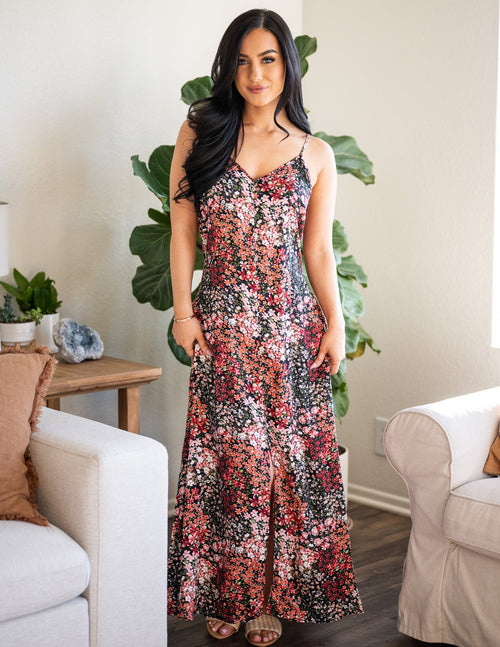
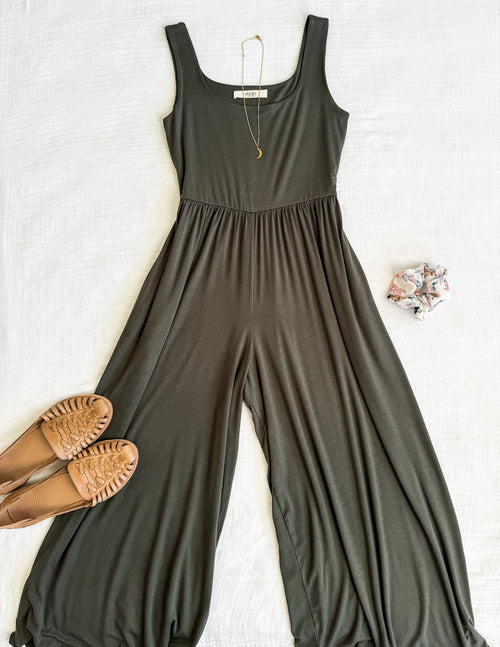

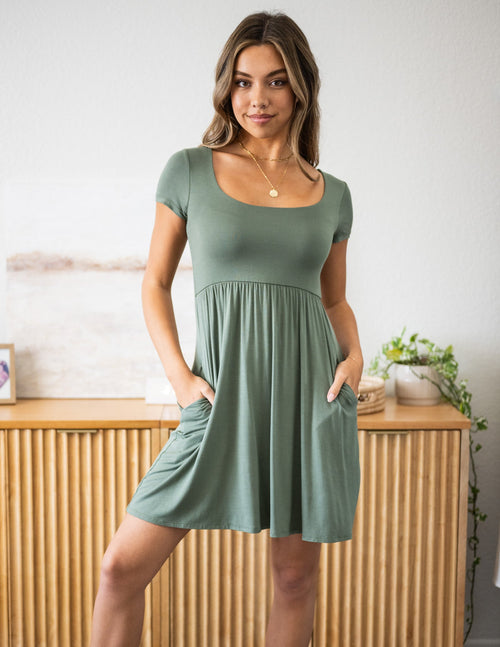
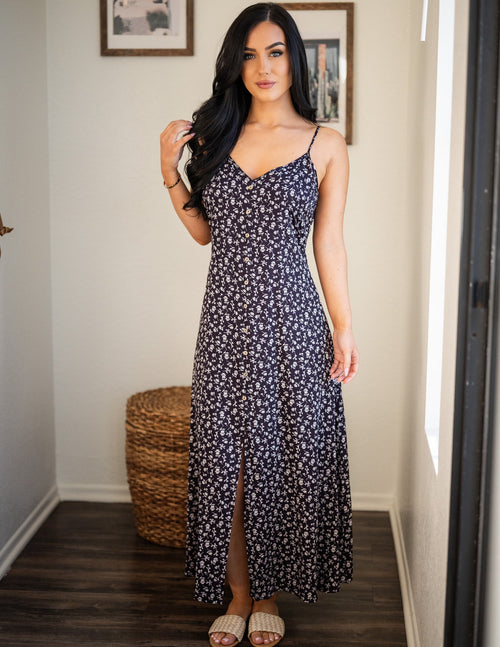

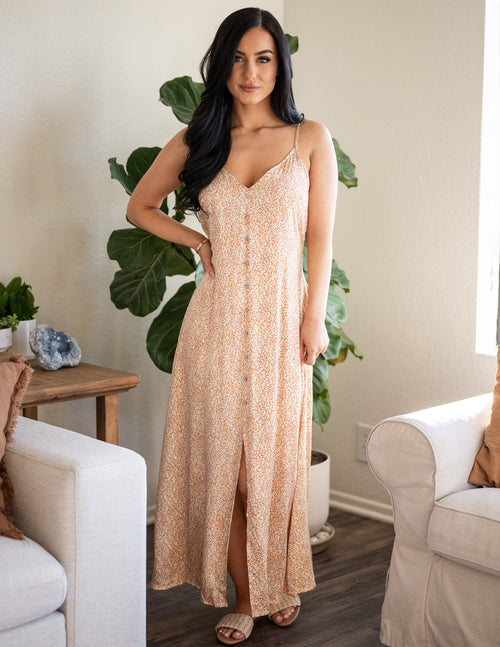
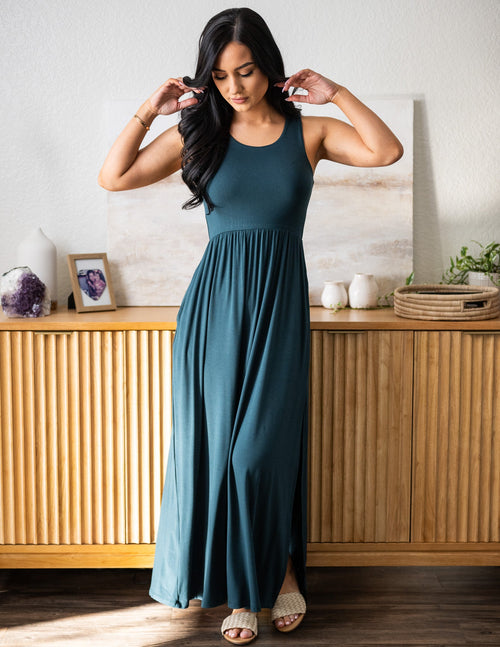
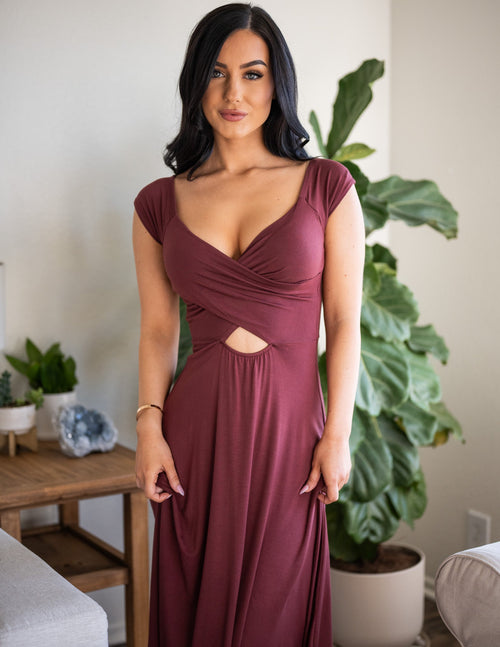
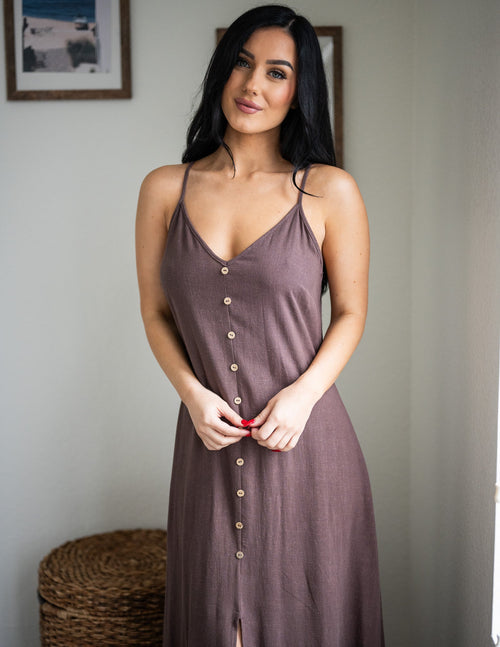















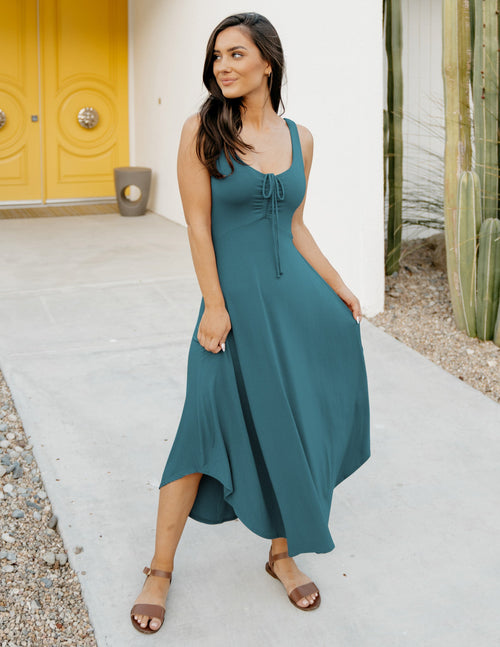

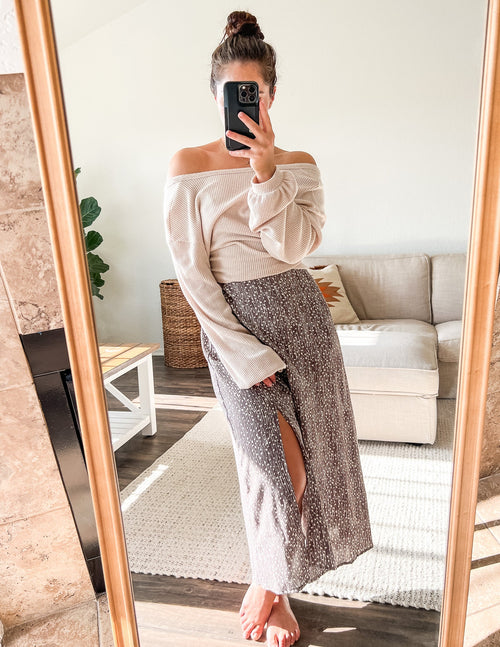

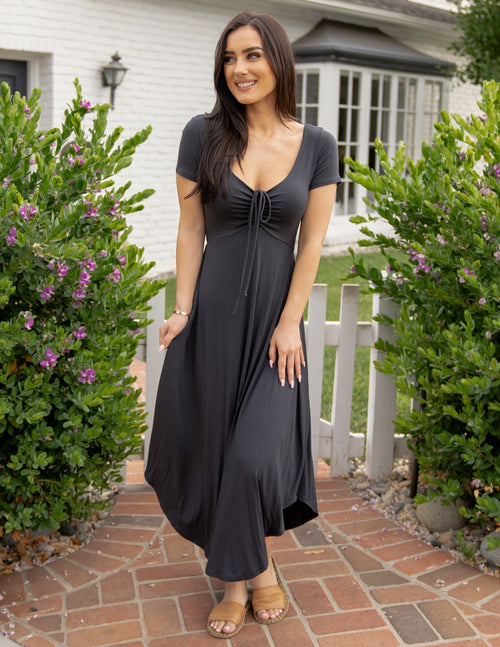

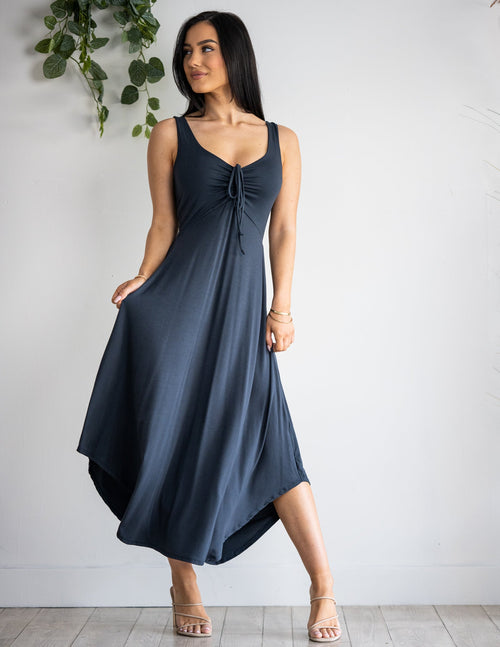












 TOP
TOP
